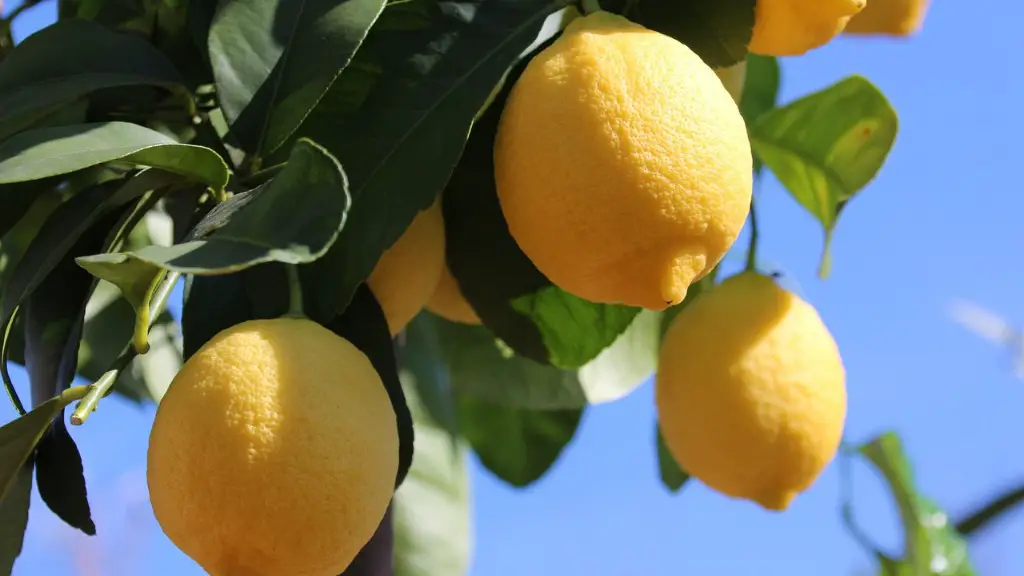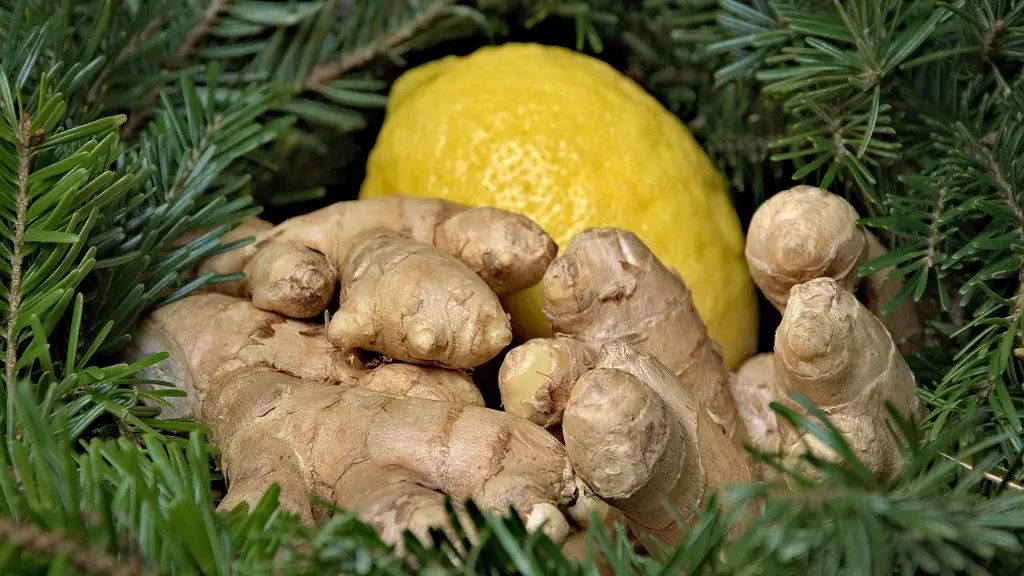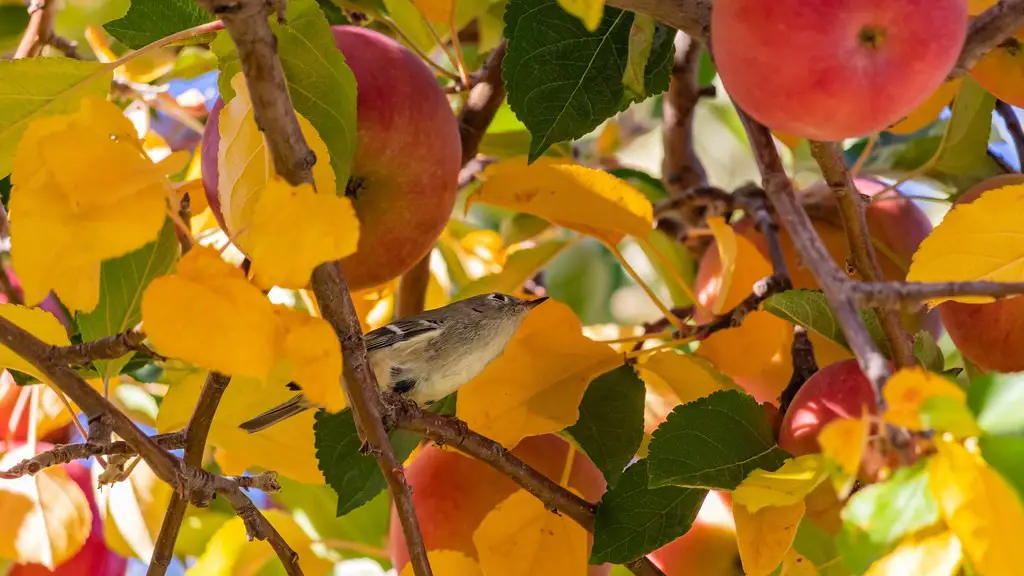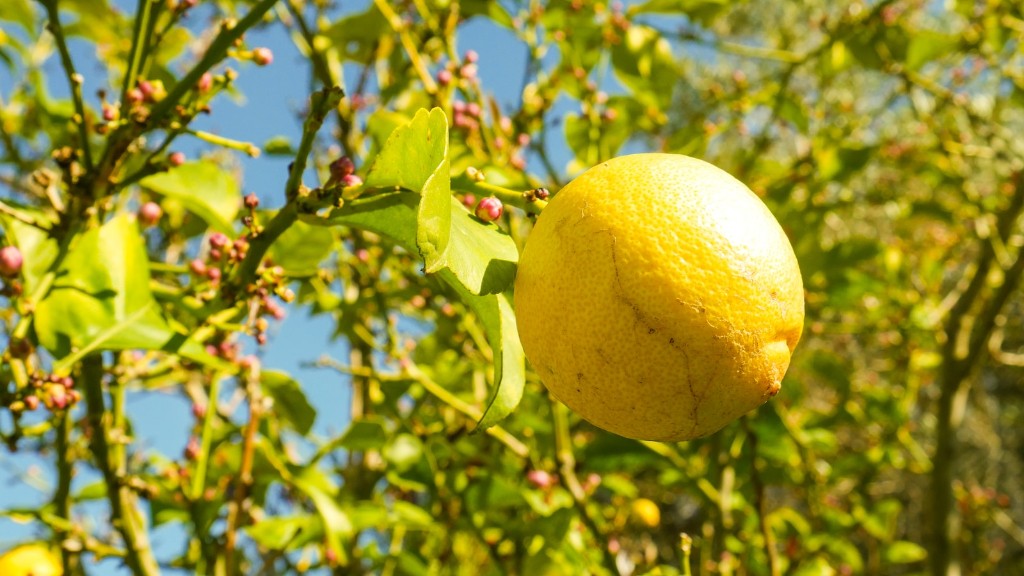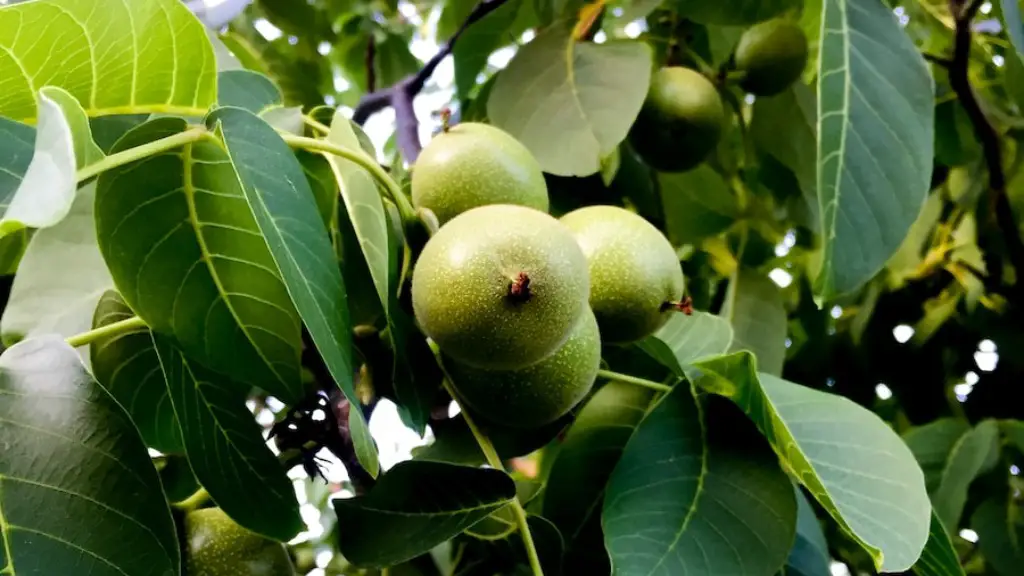Dwarf lemon trees are a great way to add moments of tart citrus flavor to your gardens or home. But how long might you expect to wait to be abl to enjoy their fruits? Knowing how long a lemon tree takes to produce fruit can help you decide when and how to care for it. Furthermore, the wait may even be cut short in some cases by taking a few proactive steps during the early stages of growth.
First of all, consider that the average age for a lemon tree to produce fruit can range from two to four years. Factors like growth rate and species selection can influence the time it takes for a tree to produce lemons, meaning that some trees in ideal conditions may take less time to do so. Although lemon trees in their natural state tend to take more time, improved techniques may yield results more quickly.
Plant selection makes a big difference in how long it takes for a lemon tree to produce fruit. If you’re looking for an immediate harvest, you might look into buying a grafted lemon tree. Citrus trees are grafted to maintain certain characteristics while keeping the height of the tree manageable. Grafted trees are readily available and as a result, tend to produce lemons more quickly than non-grafted trees. However, non-grafted trees are ideal for those looking for a more organic experience.
The right combination of sunlight and soil can also help spur the growth of a citrus tree. Dwarf lemon trees thrive best with 8–10 hours of direct sunlight a day, while they can adapt to accepting partial shade if needed. Moreover, the plants’ roots need to be well equipped with essential nutrients, so enriching the soil prior to planting is probably a good idea.
Dwarf lemon tree cultivation also requires proper pruning. Regularly removing dead or discolored foliage can enhance the tree’s look. Moreover, it can reduce any extreme competition for nutrients by other plants, as well as even out the tree’s shape. Proper watering and fertilizing can also help with the overall growth and health of the tree, making it even easier for the lemon tree to produce fruit.
Organic Plant Selection
When selecting a dwarf lemon tree, organic options are ideal. Soil enrichment methods, such as adding fertilizer, compost, or manure, can help immediately with plant reproduction. Furthermore, avoiding the use of chemical pesticides and synthetic fertilizers will help promote healthy and long-term growth. Just beware that organic practices tend to take longer to show results.
When roots are firmly settled in the soil, watering should be done gradually. You can check to determine moisture at the root level by sticking a stick into the soil near the root. If the stick comes out wet and with a sweet smell, you probably won’t need to water at that time. Also, to ensure that water is evenly distributed, it is recommended to water for 12-15 minutes.
For ideal growth, you should consider applying fertilizer often. Fertilizers are important for dwarf lemon tree growth, production, and maintenance. Depending on the soil and region it is growing in, most trees should be fertilized about 4–5 times a year for optimal production.
It is inevitable that a few weeds will sprout along your dwarf lemon tree, but these should be removed often. However, be cautious when removing weeds in close proximity to the tree– take care in not disturbing the soil too much, which could damage the roots or destabilize the tree.
Other Factors Affecting Tree Production
An important factor influencing the production rate of a dwarf lemon tree are the weather and climate of the area. Late frost and short spells of cool weather can reduce or delay tree production, and may damage the trees. Therefore, it is important to monitor the tree’s environment for any changes in temperature.
It is also worth keeping an eye out for any pests and diseases that can cause major damage to trees, such as aphids and root rot. Though identifiable by a sudden change in foliage color and leaf falling, pests and diseases should be treated as soon as possible. Chemical pesticides and treatments should be used as a last resort if natural remedies do not work.
Pollination of the tree is a major factor in its fruit production, and should be carried out at least twice a year. However, in the absence of pollinators, hand pollination can be carried out using a cotton swab. Finally, for those looking to maximize their fruit production, the number of fruits left on the tree should be monitored– it is recommended to have no more than five fruits on a single tree in order to ensure each of them receives the essential nutrients needed for growth.
Encouraging Fruit Production
There are a few steps you can take to encouraging the fruit production of your dwarf lemon tree. Firstly, you can thin out the clusters of blossoms and fruits and select the healthiest ones to remain on the tree. Secondly, stake the tree to help with handling the weight of the growing lemons. Finally, you can pick off the flowers– this will stop the tree from putting energy into them and allow the tree to focus on developing the existing fruits.
Also, if the lemons are tasteless or lacking in juice, it could be a sign that the tree is not properly fertilized. Applying a slow-release fertilizer can help improve the quality of the lemons. Additionally, mulching the trees has shown to help with drainage, soil aeration, and preventing weeds.
It is also worth monitoring the levels of moisture in the soil. If your soil is too dry, it is unlikely that the tree will produce anymore fruits. To ensure optimal water requirements for your dwarf lemon tree, ensure a regular water supply of 1-2 inches per week. Furthermore, try not to miss any watering cycles and keep an eye out for excess moisture as well.
Water and Maintanance of Trees
It is essential to pay attention to water requirements for your dwarf lemon tree. A water supply of 1-2 inches per week should suffice, but the frequency and amount may vary based on the climate. Furthermore, it may be necessary to water more when the temperatures are high or the winds are strong. As mentioned earlier, the water levels of the soil can be monitored by inserting a stick – if the stick comes out wet and with a sweet smell, you might skip watering that day.
Regular maintenance of your lemon tree is also important to stimulate fruit production. Pruning the tree can help maintain its structure and enhance the plant’s look. Moreover, by controlling the population of weeds and pests, the lemon tree can focus on growing the lemons more quickly. In addition, checking for dead foliage or discolored bark often can help identify potential issues and stops them from developing further.
If you notice limited fruit production, you can apply a slow-release fertilizer, which often ensures that the essential nutrients needed for growth are absorbed by the soil. Fertilizers are usually applied 4–5 times a year, but this too may depend on the soil and region. Furthermore, mulching can help ensure optimal drainage, soil aeration, and prevention of weeds.
Productivity Factors of Dwarf Lemon Trees
Taking into account all the factors mentioned above, there are a few key points to bear in mind when it comes to the productivity of lemon trees. Firstly, you should opt for an organic, grafted tree and properly fertilize it with a slow-release fertilizer. Secondly, provide adequate water and sunlight to the tree. Thirdly, give frequent maintenance and prune the tree regularly. Finally, perform hand pollination if necessary.
It is worth noting that paying attention to the above points can drastically reduce the wait time for a lemon-producing tree. Depending on the tree, region, and environment, it is possible to expect lemons from a dwarf lemon tree in as little as 18–24 months. Fostering the right environment for your tree can also ensure that it continues to produce fruits for many years to come – ensuring a high-yielding, delicious citrus harvest.
